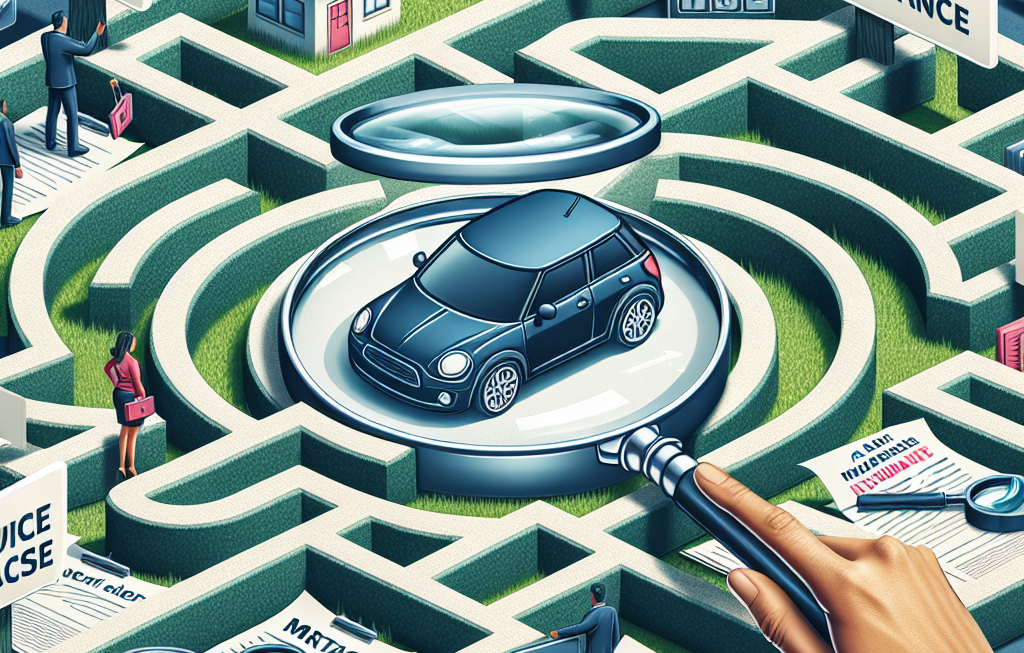The Basics of Mortgage: What You Need to Know
For many people, buying a home is one of the most significant financial decisions they will ever make. And unless you have a large sum of money saved up, chances are you will need to take out a mortgage to finance your purchase. But what exactly is a mortgage, and how does it work? In this blog post, we will cover the basics of mortgages and what you need to know before taking the plunge into homeownership.
What is a Mortgage?
A mortgage is a loan that is taken out to purchase a home or property. The borrower (you) agrees to pay back the loan amount plus interest over a set period of time. The property is used as collateral for the loan, meaning that if you fail to make your mortgage payments, the lender has the right to foreclose on the property.
Types of Mortgages
- Fixed-rate mortgage: With a fixed-rate mortgage, the interest rate remains the same throughout the life of the loan. This means that your monthly payments will also remain constant, making it easier to budget for your housing expenses.
- Adjustable-rate mortgage: An adjustable-rate mortgage (ARM) has an interest rate that can change periodically, usually after an initial fixed-rate period. This means that your monthly payments may go up or down depending on market conditions.
- Government-backed loans: These are loans that are backed by the government, such as FHA loans, VA loans, or USDA loans. These loans often have lower down payment requirements and are more accessible to first-time homebuyers.
Down Payment
When you buy a home, you will typically need to make a down payment on the property. The down payment is a percentage of the purchase price that you pay upfront. The size of the down payment can vary depending on the type of loan you choose, but the standard is around 20% of the purchase price.
Interest Rate
The interest rate on your mortgage will have a significant impact on the overall cost of the loan. A lower interest rate will result in lower monthly payments and less money paid in interest over the life of the loan. It’s essential to shop around and compare rates from different lenders to find the best deal.
Term Length
The term length of your mortgage refers to how long you have to pay back the loan. The most common mortgage terms are 15 years and 30 years, but other options are available. A shorter term will result in higher monthly payments but less interest paid over the life of the loan, while a longer term will have lower monthly payments but more interest paid.
Closing Costs
In addition to the down payment, you will also need to pay closing costs when you purchase a home. Closing costs can include fees for appraisals, inspections, title insurance, and more. It’s essential to budget for these costs to avoid any surprises at closing.
Credit Score
Your credit score plays a significant role in determining the interest rate you will qualify for on a mortgage. Lenders use your credit score to assess your risk as a borrower, so it’s essential to have a good credit score before applying for a mortgage. You can improve your credit score by paying bills on time, keeping credit card balances low, and avoiding opening new credit accounts.
Pre-approval
Before you start shopping for a home, it’s a good idea to get pre-approved for a mortgage. A pre-approval will give you a clear picture of how much you can afford to borrow, making your home search more focused. It will also show sellers that you are a serious buyer and can help you compete in a competitive market.
Conclusion
Buying a home and taking out a mortgage can be a complex process, but understanding the basics can help make it less intimidating. By learning about the different types of mortgages, down payments, interest rates, and other factors, you can make an informed decision that is right for your financial situation. Remember to shop around for the best rates, and don’t be afraid to ask questions if you don’t understand something. With the right knowledge and preparation, you can find the perfect mortgage to help you achieve your dream of homeownership.




